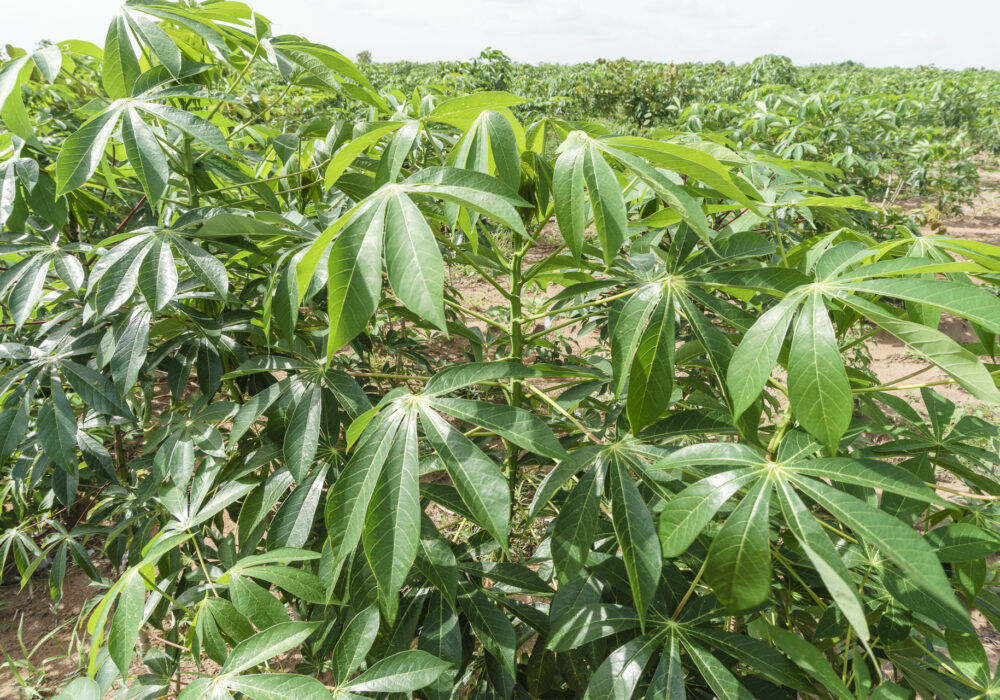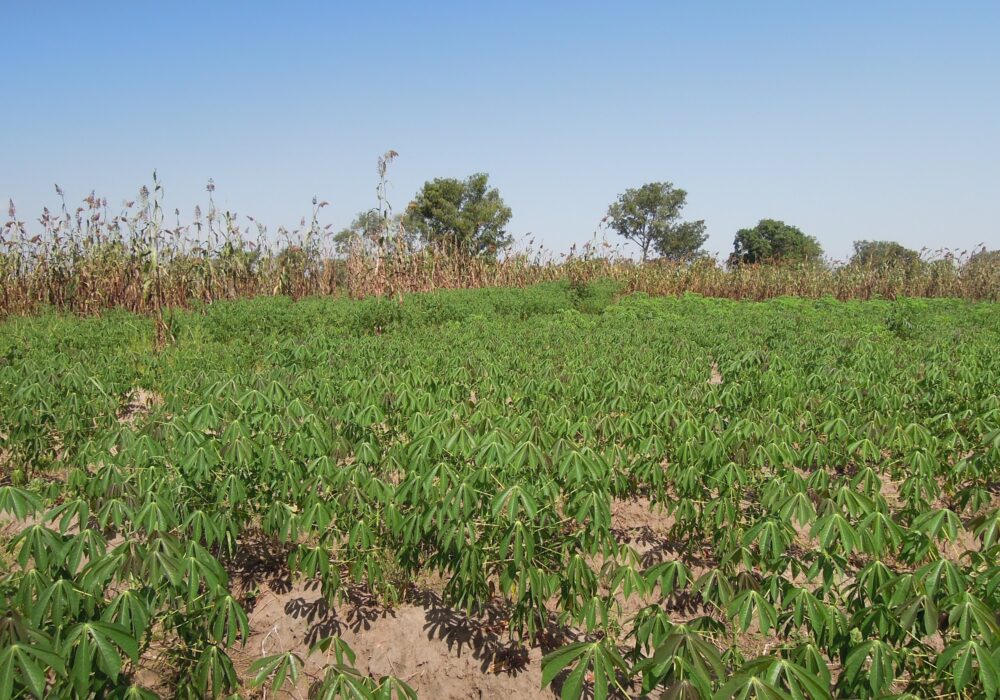Nigeria, 2012
Client: United Nations Industrial Development Organization (UNIDO)
What we did
EUCORD, in collaboration with key stakeholders such as the International Institute of Tropical Agriculture (IITA), National Root Crops Research Institute (NRCRI), Root and Tuber Expansion Program (RTEP) and other stakeholders, and the Nigerian Government, assessed the cassava value chain and explored opportunities to enhance cassava production in Nigeria. The team identified factors affecting the project’s sustainability through a risk evaluation and created a roadmap to boost the cassava industry. This roadmap includes introducing improved disease-resistant cassava varieties, identifying key production regions, and focusing on market potential, logistical challenges, and post-harvest handling. Key strategies to position Nigeria as a global cassava exporter include fostering research, supporting small- and medium-scale processors, building infrastructure, and promoting market competitiveness.
Conclusions
The Master Plan outlined a dual-phased, market-led, and private sector-driven developmental approach. The First Phase focused on developing a vibrant cassava industry aimed at the domestic market and geared towards import substitution. Once a healthy local cassava industry was established, the Second Phase aggressively pursued regional and global export opportunities. A vibrant market created demand for raw cassava, boosting increased and improved production of tubers at the farm level. Ethanol, flour, and pellets were identified as potential earners in the domestic market, while starch was developed primarily for export. Encouraging joint venture partnerships in the cassava starch industry to facilitate international market access fast-tracked Nigeria into the global context for competition in the commodity.
The Master Plan also proposed necessary government policies to improve productivity and competitiveness at the farm and processing levels, effective marketing in domestic, regional, and international arenas, financial investments, institutional support, sector-wide linkages, and capacity building. It provided a framework for implementing the Cassava Sector Development Action Plan in the immediate, medium (2-5 years), and long term (5-10 years). In the short term, investments were needed in at least 100 small to medium-scale plants, while long-term domestic demand required further private sector investments in nearly 500 plants, with associated investment costs estimated at over ₦10 billion.



